By the Numbers

The decrease comes as interest rates continue to climb, according to the Mortgage Bankers Association.
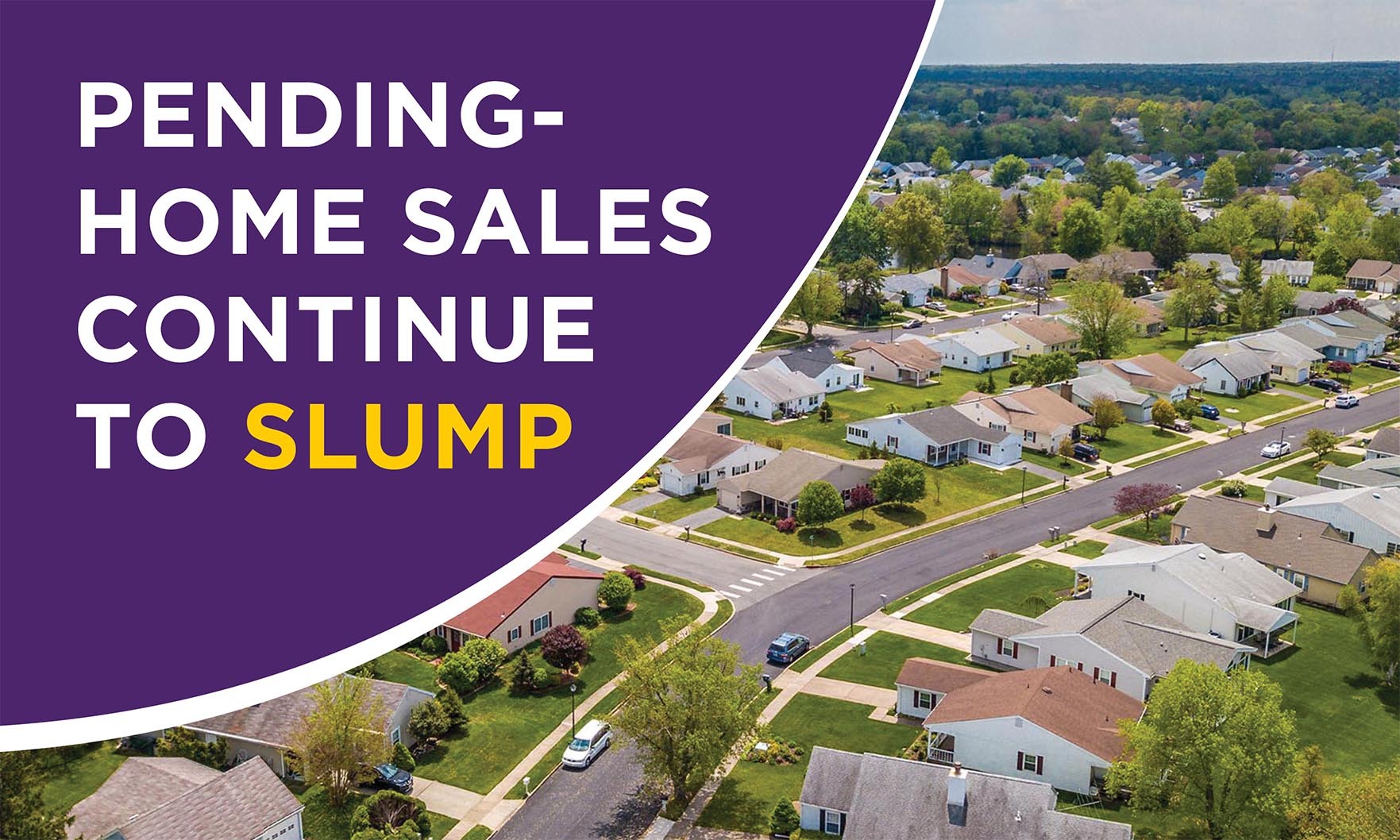
“Buyer demand is still intense, but it’s as simple as ‘one cannot buy what is not for sale.” — National Association of REALTORS® chief economist Lawrence Yun
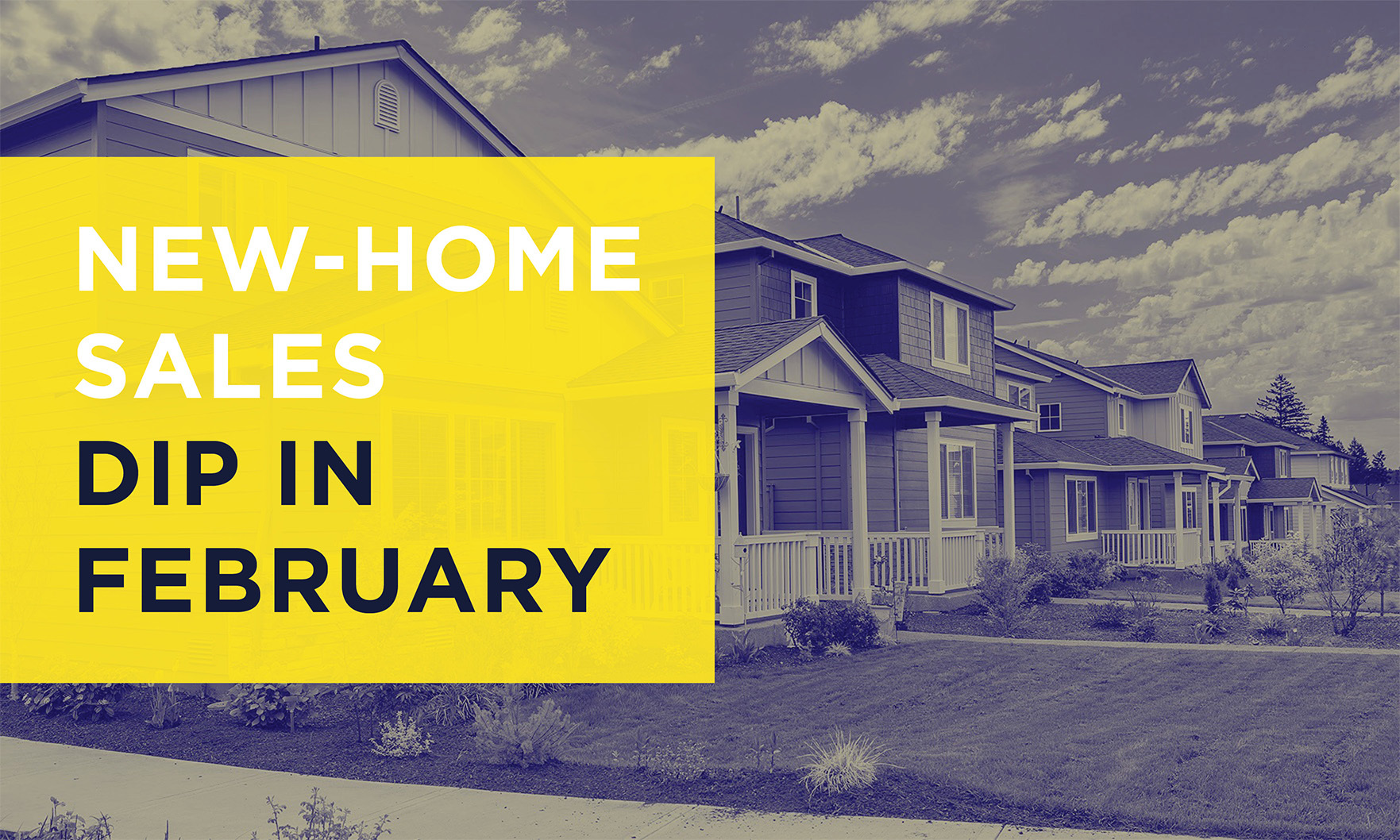
Affordability and supply-chain issues continued to weigh on the sales of new single-family residences.

What does the current generation of homebuyers and sellers look like? How old are they and how are they doing business? NAR has answers.
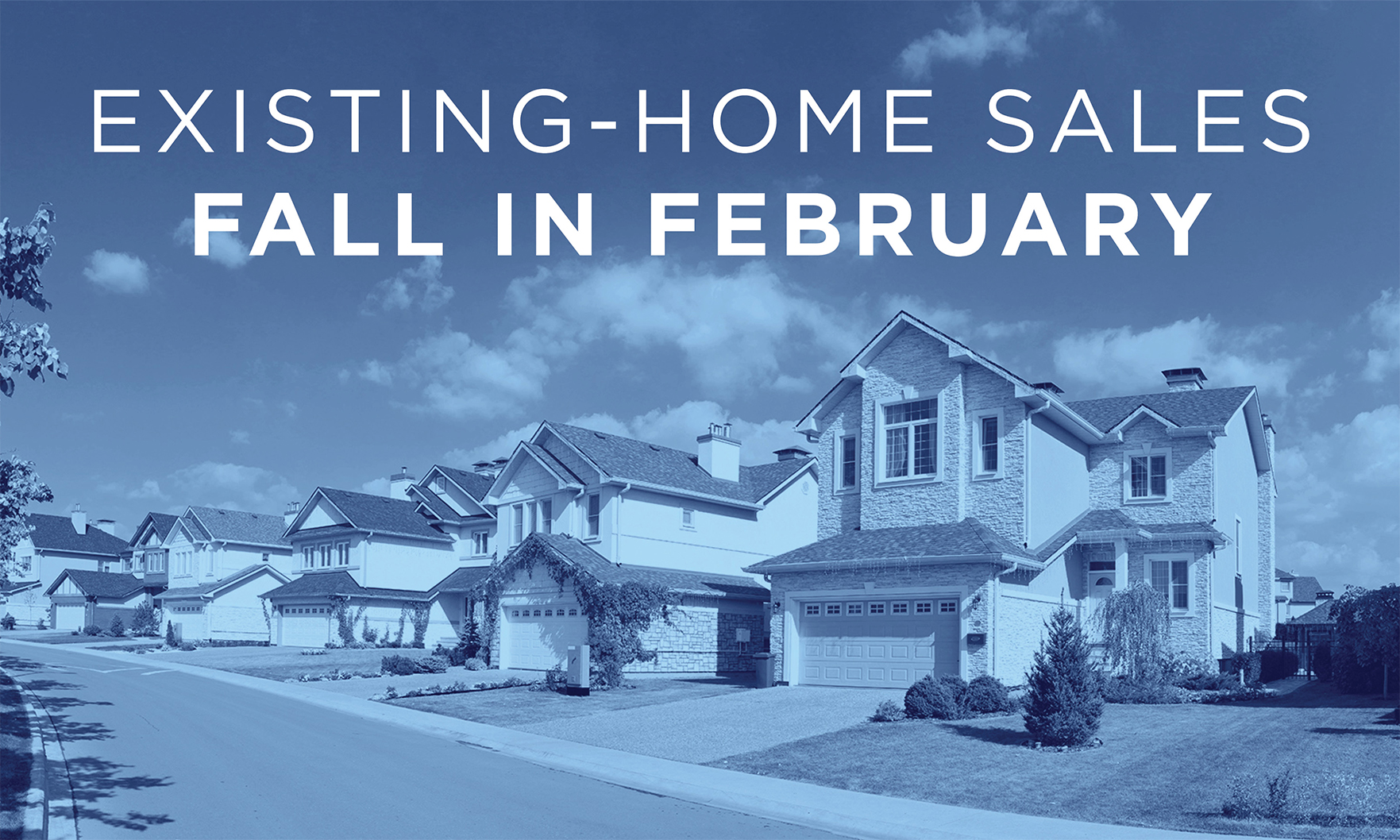
The median existing-home price for all housing types in February was $357,300, up 15% from a year before, as median prices rose in each region.
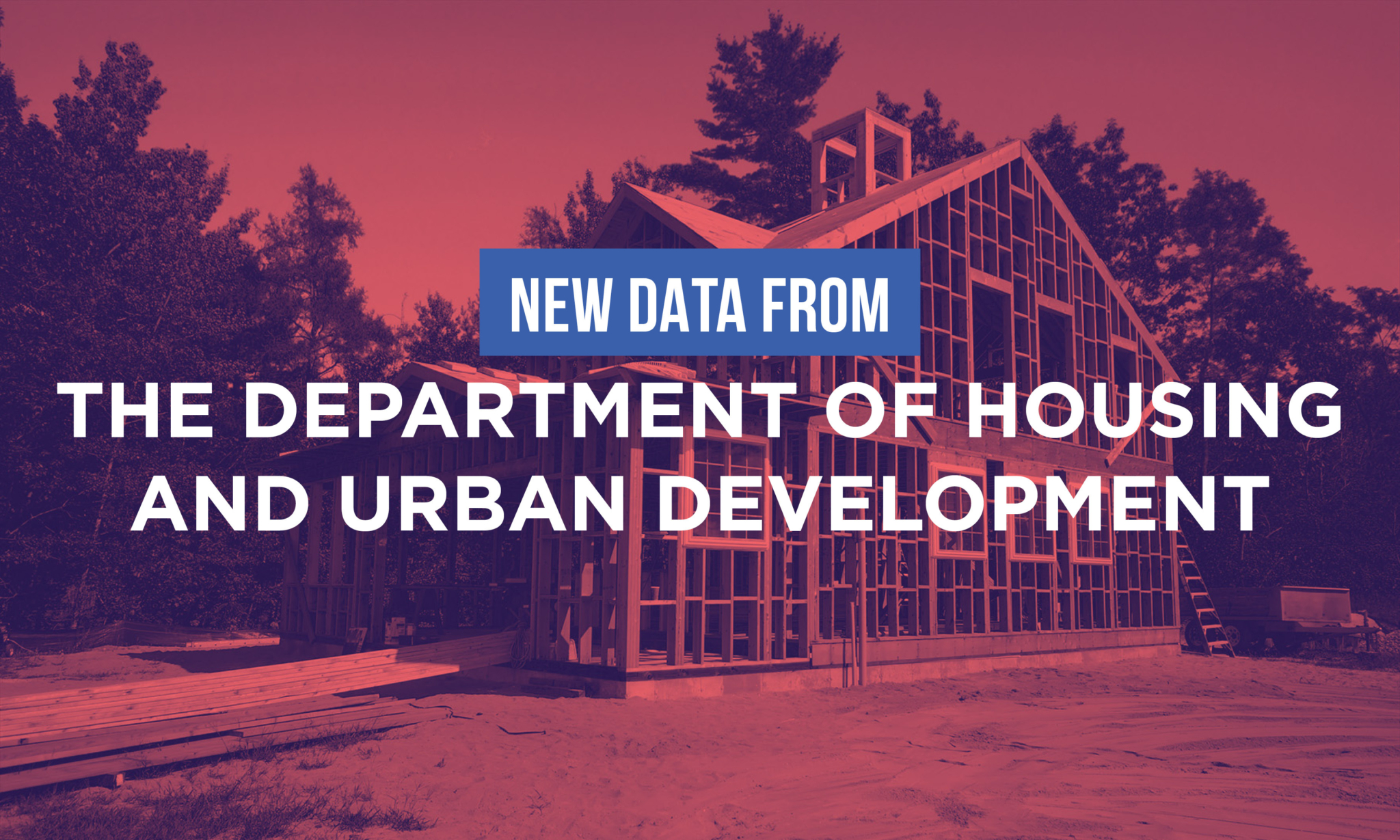
“More groundbreaking is welcome news for a supply-starved housing market.” — First American deputy chief economist Odeta Kushi
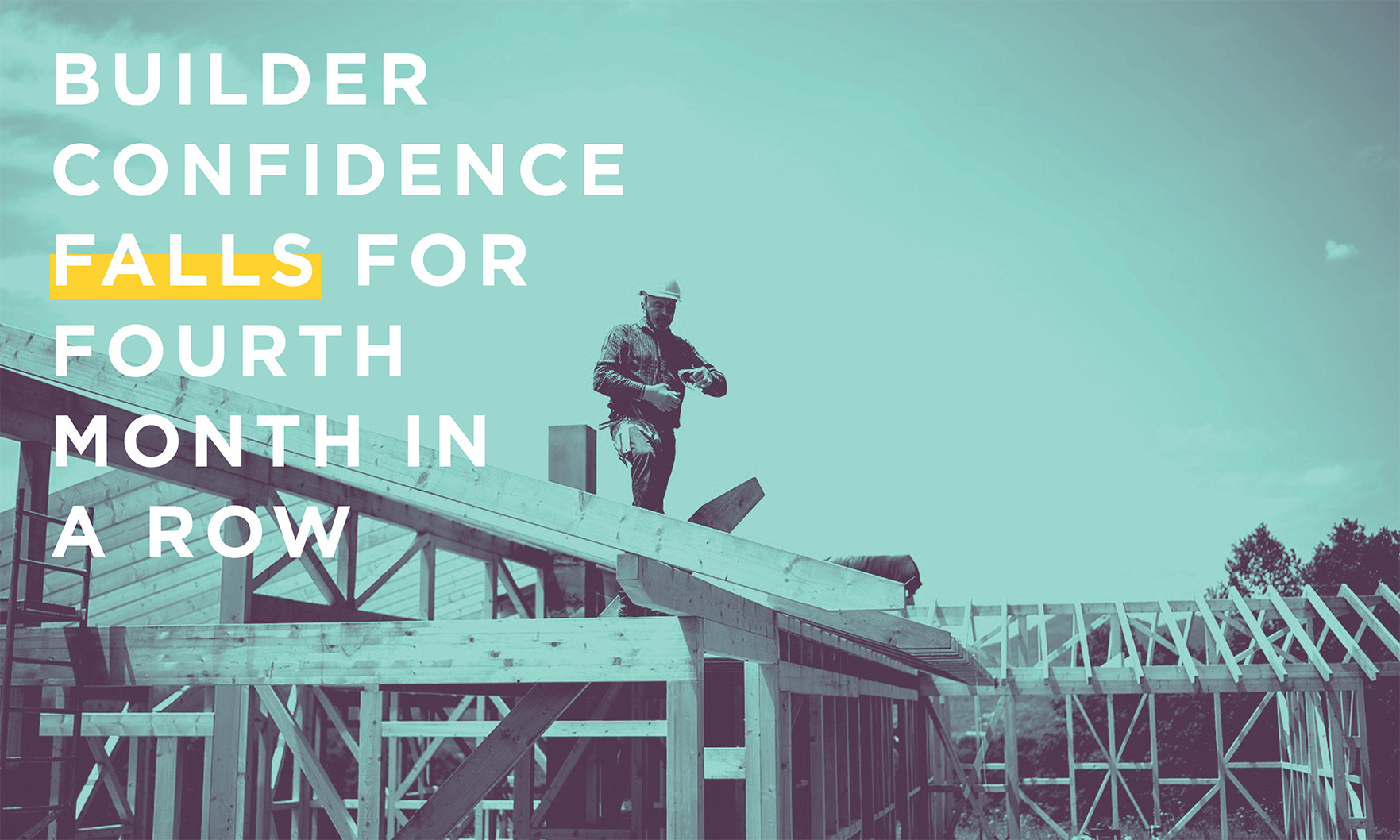
The measurement of six-month sales expectations among homebuilders took an especially negative turn in March, according to the National Association of Home Builders.

“Investors are weighing the impacts of rapidly increasing inflation in the U.S. and many other parts of the world against the potential for a slowdown in economic growth due to a renewed bout of supply-chain constraints.” — MBA associate vice president of economic and industry forecasting Joel Kan

Of the homes that went under contract during the four weeks ended March 6, 58% had an accepted offer within the first two weeks of going on the market, and 45% had an accepted offer within just one week, Redfin reported.

“Looking ahead, the potential for higher inflation amidst disruptions in oil and other commodity flows will likely lead to a period of volatility in rates.” — MBA associate vice president of economic and industry forecasting Joel Kan

The median home sales price in Maricopa County hit $439,900 at the end of the year, a 27% increase year over year and more than double what it was in 2015, ARMLS reported.
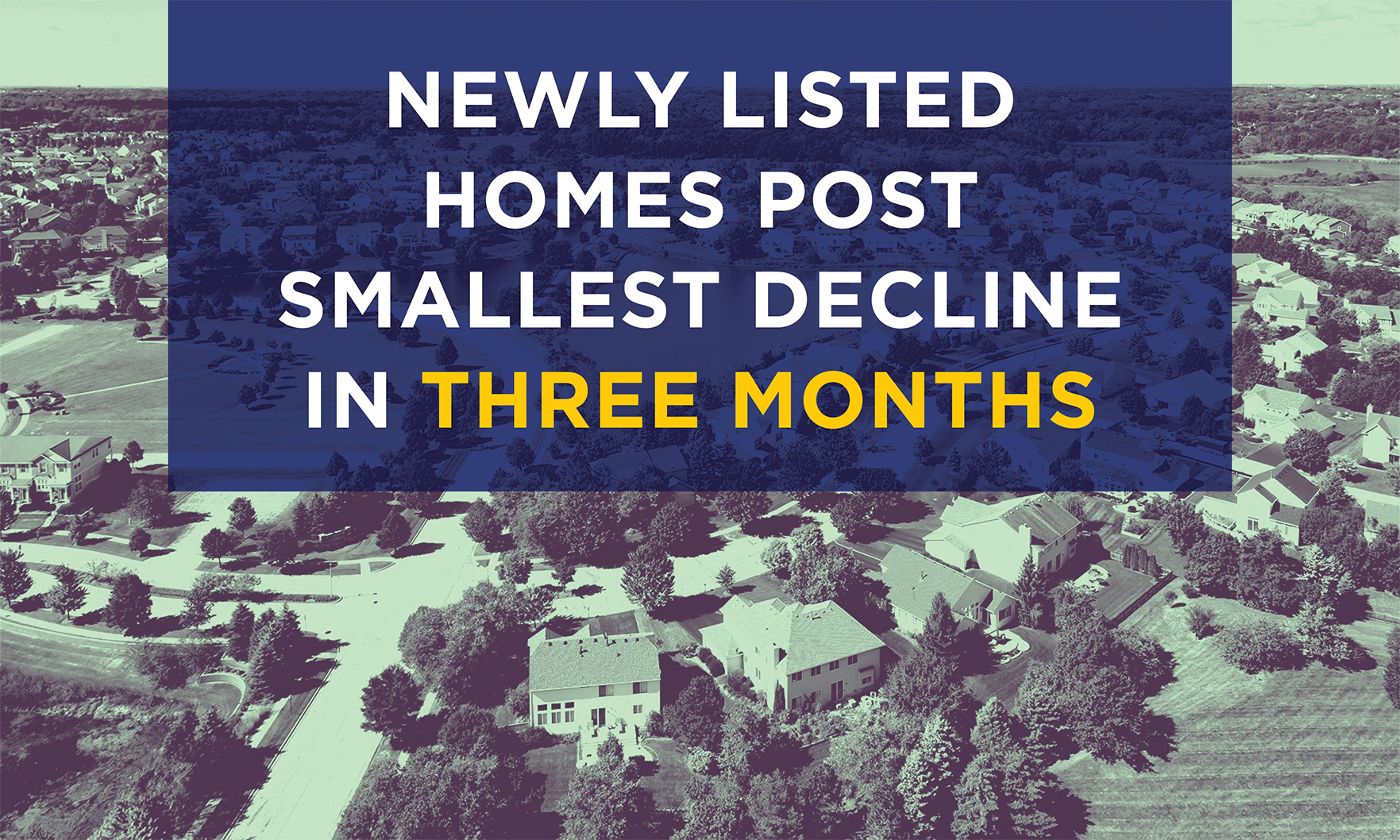
The pace of new home listings is gaining steam, a welcome development in the face of high demand from buyers, Redfin reported.

“Given the situation in the market — mortgages, home costs and inventory — it would not be surprising to see a retreat in housing demand.” — NAR chief economist Lawrence Yun

“Builders are entering 2022 with backlogs that they are having a hard time completing due to material and labor shortages, and new-home prices are sitting near a historic high.” — First American Deputy Chief Economist Odeta Kushi

Mortgage applications fell more than 13% in the most-recent week tracked by the Mortgage Bankers Association’s Market Composite Index, while interest rates continued to rise.
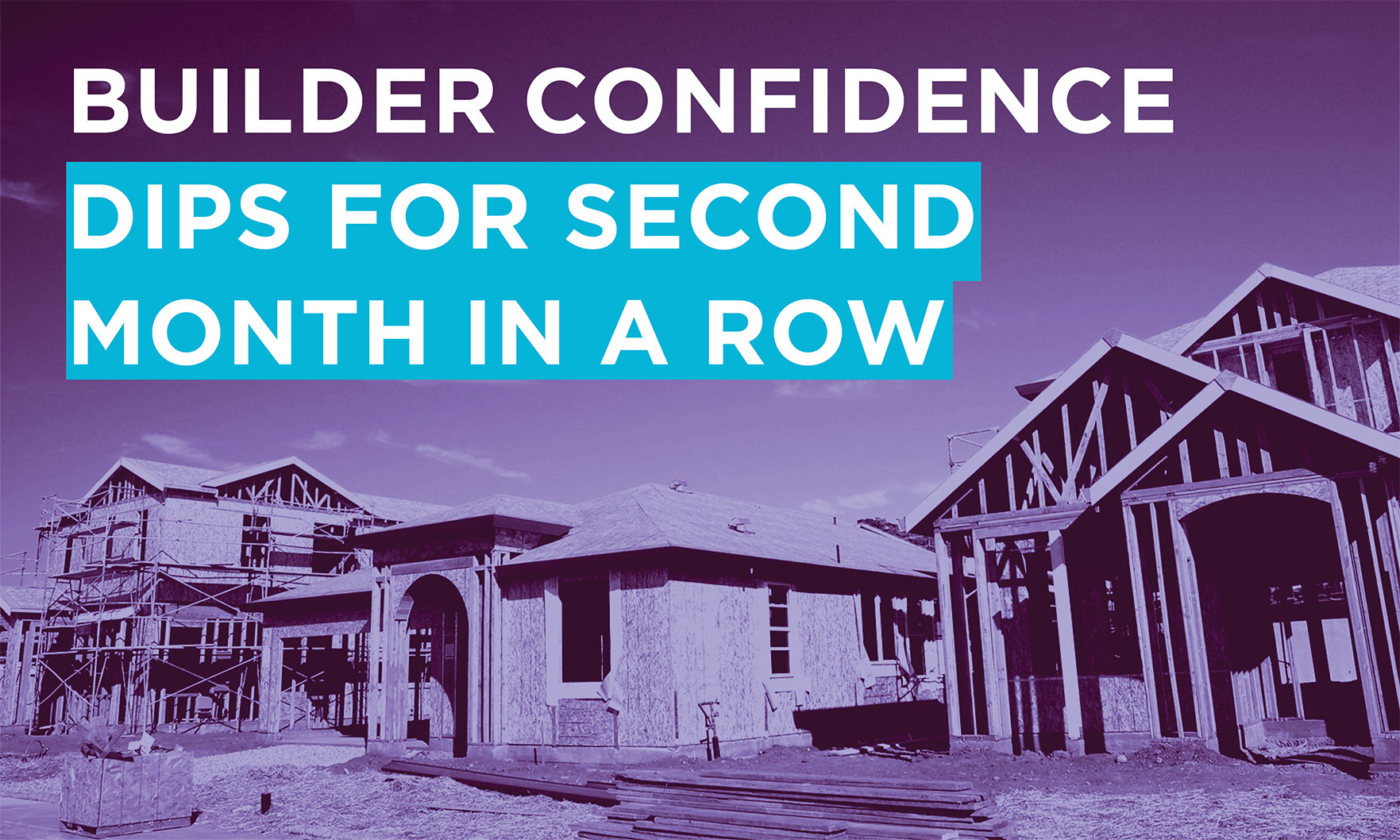
“Production disruptions are so severe that many builders are waiting months to receive cabinets, garage doors, countertops and appliances.” — NAHB Chairman Jerry Konter
